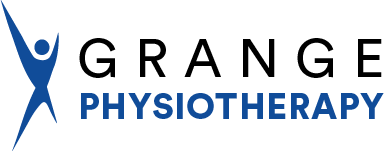Anorexia nervosa is closely associated with social pressures or a personal desire to be slim. Athletes who participate in sport in which “leanness” is prized, eg. Gymnasts, Aerobic competitors etc. are most at risk of developing these types of eating disorders. Teenagers where body image is important are also at risk. Anorexia nervosa is also characterised by an intense desire to be slim, even though the person may be already very underweight. Excessive exercise and an irregular or absent menstrual cycle are common. This means sufferers may be exercising up to 3-4 hours a day, or several times a day. Bulimia, which is slightly different, is characterised by periods of starvation, broken by binges of huge quantities of food and purging via vomiting or use of laxatives or diuretics. Lady Di who suffered from this condition at certain stages of her life has made bulimia famous.
It is very difficult to know what to do in this situation. Usually those people affected will deny the condition and play down their problem. Early diagnosis is beneficial and close friends need to let others know of this concern. People that may need to be imformed are parents, coaches and others who are close to the sufferer. Encouraging the sufferer to talk about this problem and seek help from a doctor, dietitian, community health centre or hospital. There is lots of help available. Those who are close to the sufferer can assist by bringing the problem out in the open, talking openly about it, encouraging a good diet consisting of all of the five major food groups and play down the ideal of trying to be the perfect body. Fad diets are not to be encouraged. This is not a condition that is treated simply or quickly. Sufferers need lots of support and often medical assistance to tackle this difficult condition.
Remember if at all concerned seek medical help.

